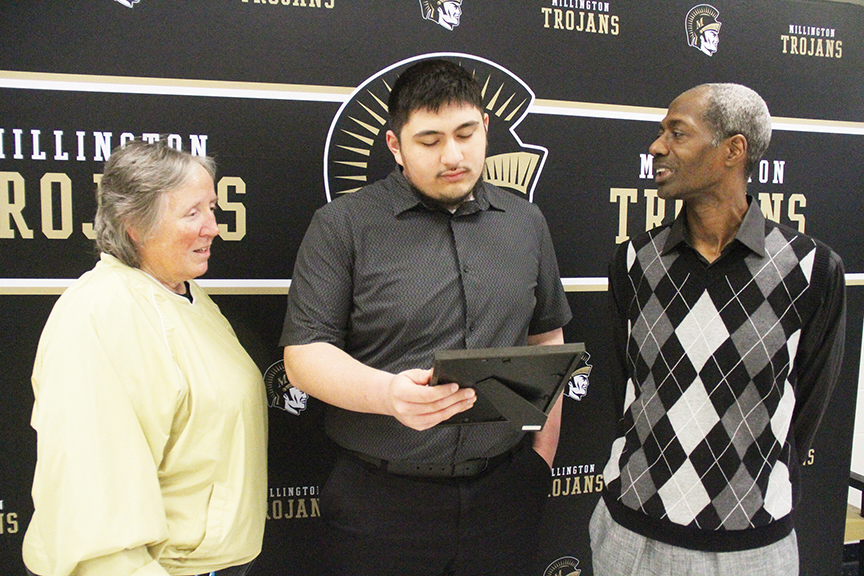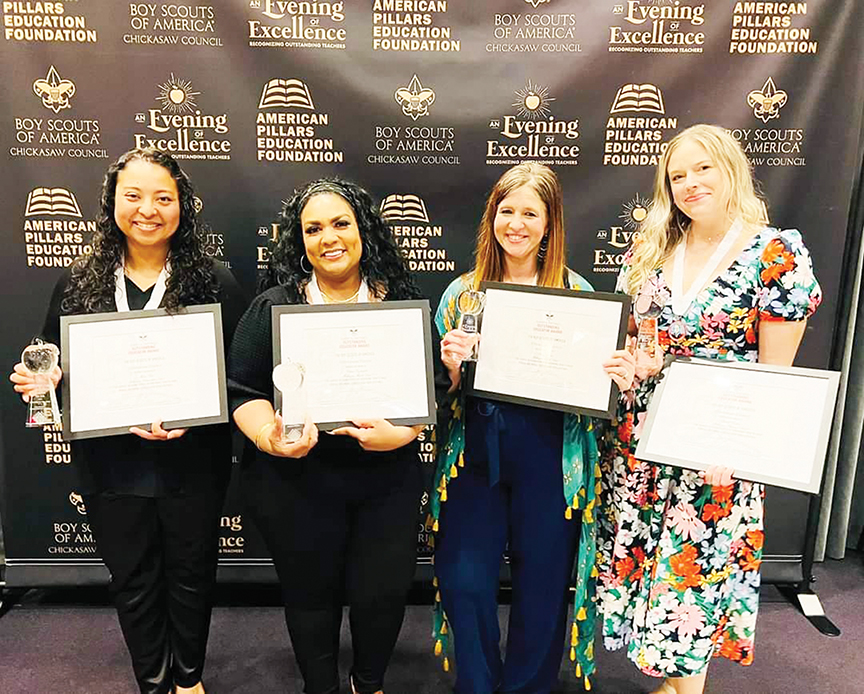By David Peel
“If I only had an hour to chop down a tree,
I would spend the first 45 minutes
sharpening my axe.”
~ Abraham Lincoln
While this lesson is usually applied only to being prepared, maybe the ¾ amount indicated in this famous quote has additional application in legal matters, litigation, negotiations and conflicts.
What if you spent the first 45 minutes of your next hour of conflict just listening and asking questions to get more information? You will often discover most opponents are not evil…in fact, they usually feel that they are in the right. I call this being, “Genuinely wrong.” One example is when a lady ran a red light and hit my client. She swore she had a green light. When I gave her a chance to explain and really listened (rather than just calling her a liar) we all mutually discovered what had really happened. There were two newer traffic signals, not timed to one another and she saw green on the first one and never even saw the second at all. She did not even realize it was there. So, she had a green light and did not (intentionally) ever run a red light, just as she testified.
It is expected in a controversy to lash out and they often turn into a “he-said, she-said,” or “you started it.” In these events, it seems that we sometimes have not developed our skills beyond pre-school fights over crayons.
What is not expected, is for you to ask more information from the one attacking you.
“If I were to summarize in one sentence the single most important principle
I have learned in the field of interpersonal relations, it would be this:
Seek first to understand, then to be understood.”
~ Dr. Stephen R. Covey
Covey goes on to observe, “If you’re like most people, you probably seek first to be understood; you want to get your point across. And in doing so, you may ignore the other person completely, pretend that you’re listening, selectively hear only certain parts of the conversation or attentively focus on only the words being said, but miss the meaning entirely. So why does this happen? Because most people listen with the intent to reply, not to understand. You listen to yourself as you prepare in your mind what you are going to say, the questions you are going to ask, etc. You filter everything you hear through your life experiences, your frame of reference. You check what you hear against your autobiography and see how it measures up. And consequently, you decide prematurely what the other person means before he/she finishes communicating.”
Covey made the idea famous that St. Francis originally penned back in 1200:
O Divine Master, Grant that I may not so much seek
To be consoled as to console;
To be understood as to understand;
To be loved as to love.
For it is in giving that we receive;
It is in pardoning that we are pardoned;
And it is in dying that we are born to eternal life.
In your next conflict, try spending 45 minutes listening and asking for more information, before you try to make your point. You may just find it unnecessary to ever do so!






